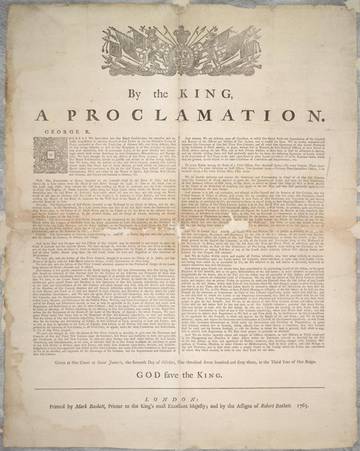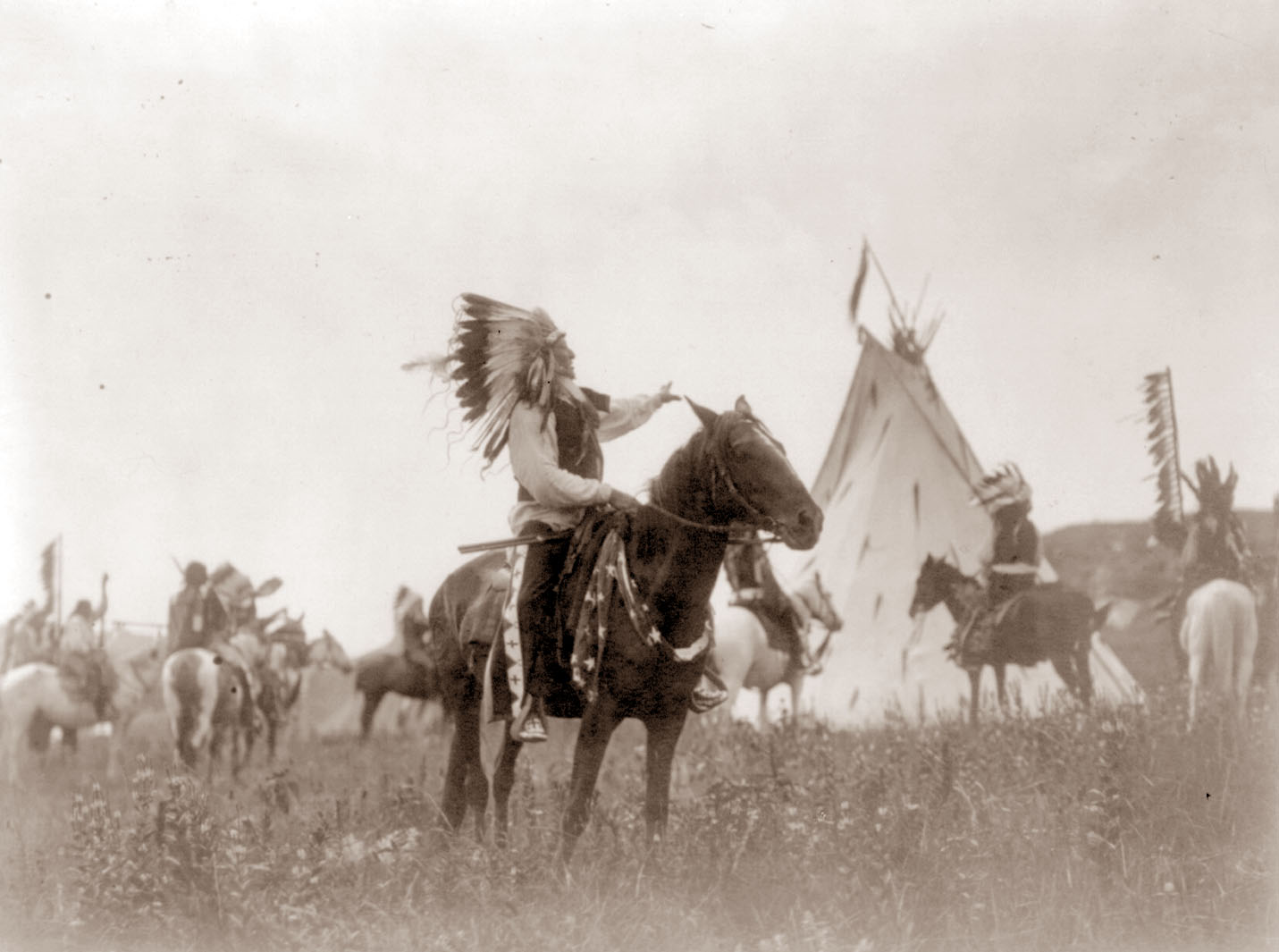I was assigned to research the characters and their connections for pages 54-59 in Thomas King’s Green Grass, Running Water.
The first few pages include characters: the Lone ranger, Hawkeye, Robinson Crusoe, and Ishmael. These four characters are Native Elders who have escaped a mental institution and are being chased by Dr. Joe Hovaugh. As Dr. Patterson stated in her lesson 3:3, if you sound out Dr. Joe Hovaugh’s name, it sounds like Jehovah, which is a common name for God. Jehovah is said to have 4 attributes: wisdom, power, justice, and love. Four attributes and four on-the-run Elders… It is difficult to say exactly which Elder is assigned to which attribute, but I have my suspicions:
- The Lone Ranger, a masked man who is a Do Gooder, is power. Mythology has it that one ranger could be sent to clean up a town by himself…
- Hawkeye, an adopted Native name and the most famous of the frontier heroes in American literature, is justice. Hawkeye is a character in many movies, all of which he is portrayed as the hero/protagonist. Some examples include: The Deerslayer, The Last of the Mohicans, and The Pathfinder.
- Robinson Crusoe, a shipwrecked mariner who “rescues” his “savage” Man Friday from cannibals and then Christianizes, is wisdom. Crusoe is mocked by King for having a passion for making lists and weighing pros and cons of various situations, always calculating his best move.
- Finally, Ishmael, a biblical name and a character in Herman Melville’s Moby Dick, is love. When Moby Dick destoryed the Pequod, Ishmael survives by staying afloat on his Native companion’s, Queequeg, coffin.
The Elders are discussing if the car that just pulled up is their ride. They see a man get out of the car, presumably Dr. Joe Hovaugh.
 The next conversation to occur in my assigned pages is at the Dead Dog Cafe. The characters discuss what to call their dishes, something creative to entice their customers. “Tell them it’s dog meat… Tourists like that kind of stuff,” (55). They use names such as Houndburgers, Saint Bernard Swiss Melts, and Doggie Doos. Putting aside the disturbing idea of eating dogs (only because I have a very beloved German Shepard named Thor and could never imagine eating him!!), the names are really quite creative. However, what King is trying to introduce to his readers is the common joke of Blackfoot cooking and the desire of Tourists for the exotic. I would also like to mention that dog was also a derogatory name for Native people introduced by the “white” man. They thought it was a dirty word, that Natives resembled dogs that needed to be broken and made obedient. However, in my culture at least, dogs are wonderfully willed, strong loving, and loyal beings. My great great grandmother was given an Indian name, called wii lax haa (pronounced wee-la-ha). In Gitxsan it means somebody’s dog. To be a dog and belong to someone was of great honour for that dog. It meant a fully belly, a warm fire to sleep by, and a loving family to protect and honour.
The next conversation to occur in my assigned pages is at the Dead Dog Cafe. The characters discuss what to call their dishes, something creative to entice their customers. “Tell them it’s dog meat… Tourists like that kind of stuff,” (55). They use names such as Houndburgers, Saint Bernard Swiss Melts, and Doggie Doos. Putting aside the disturbing idea of eating dogs (only because I have a very beloved German Shepard named Thor and could never imagine eating him!!), the names are really quite creative. However, what King is trying to introduce to his readers is the common joke of Blackfoot cooking and the desire of Tourists for the exotic. I would also like to mention that dog was also a derogatory name for Native people introduced by the “white” man. They thought it was a dirty word, that Natives resembled dogs that needed to be broken and made obedient. However, in my culture at least, dogs are wonderfully willed, strong loving, and loyal beings. My great great grandmother was given an Indian name, called wii lax haa (pronounced wee-la-ha). In Gitxsan it means somebody’s dog. To be a dog and belong to someone was of great honour for that dog. It meant a fully belly, a warm fire to sleep by, and a loving family to protect and honour.
The last conversation is with Eli Stand Alone. His name says it all, he is a loner and almost black-sheep of his family. His name is thought to reference Elijah Harper, the man who blocked the Meech Lake Constitutional Accord in 1990 by being the standout vote in the Manitoba legislature. The debate did not allow full consultation with the First Nations and recognized only English and French as the founding nations. Elijah voted against said debate. Like Elijah, Eli Stand Alone stands up against the authorities trying to abuse the Native peoples rights. Eli goes head on with the company trying to build a dam on his family’s reserve and ultimately destroy his mothers house, which she built herself. It is interesting to note that Eli turned away from his Native culture, but returned to save his mothers house. Or, instead of the reference to Elijah Harper, perhaps King is alluding to Elijah in the Bible, who also stood alone in his battle amidst chaos. Elijah stands defending the worship of Yahweh (Jewish God) over Baal. Although no one listens to Elijah, he stands firm in his belief and challenges the worship of Baal. This is similar to King’s Eli standing firm and challenging the people who are seeking out to destroy his people’s land.—————————————————————————————————————————-
http://www.mountaingks.org/doctrines/
http://www.biblestudytools.com/dictionaries/bakers-evangelical-dictionary/elijah.html
King, Thomas. Green Grass Running Water. Toronto: Harper Collins, 1993. Print.


